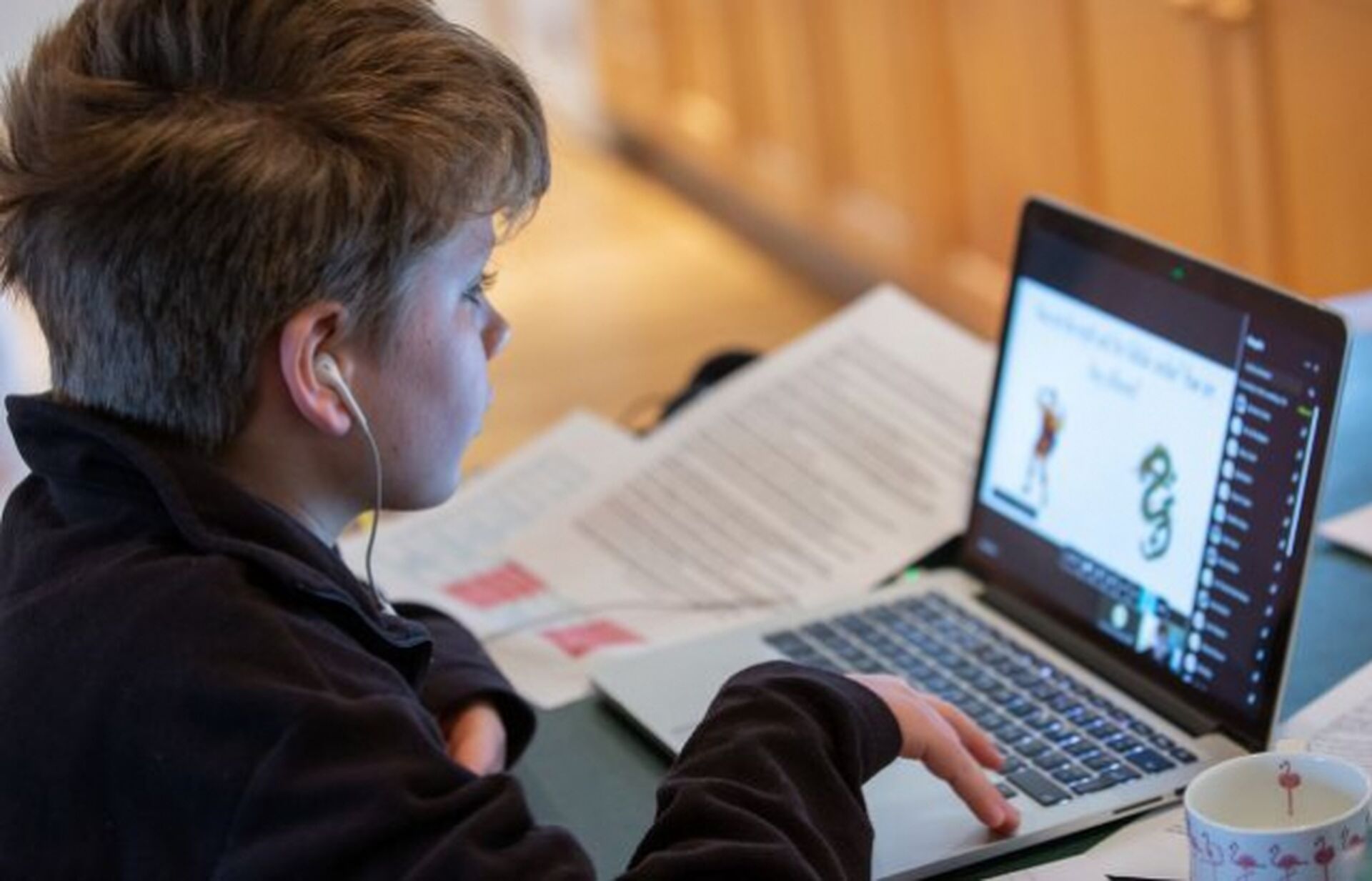Distance and mixed forms of education are becoming more and more popular in today's world. Legislative regulation of these forms of education is critically important for ensuring quality education and protecting the rights of all participants in the educational process. In this article, we will consider the main aspects of the legislative regulation of distance and mixed forms of education in Ukraine and their legal consequences.
Legislative basis of distance and mixed forms of education
The legislative framework regulating distance and mixed forms of education is complex and includes a number of normative acts. The main documents regulating this area are the Law of Ukraine "On Education" and the corresponding by-laws of the Ministry of Education and Science of Ukraine. In order to understand the specific requirements and legal aspects related to educational institutions, students and teachers, the consultation of a lawyer is necessary.
Peculiarities of distance education
The distance form of education assumes that all educational processes take place without the physical presence of the student in the educational institution. This requires the availability of special technical means and platforms to ensure quality training. The preparation and implementation of distance learning requires careful analysis of documents and legal analysis of the situation, which will avoid legal risks and ensure compliance with all regulatory requirements.
Legal analysis of blended learning
Mixed form of education combines elements of traditional face-to-face and distance education. This creates additional challenges for legislative regulation and ensuring the quality of education. Teachers and students must be familiar with the legal aspects of mixed education, and educational institutions are obliged to ensure compliance of the educational process with the current legislation. A written consultation with an attorney can help resolve complex legal issues related to blended learning.
Requirements for educational institutions
Educational institutions implementing distance or mixed learning must comply with certain requirements regarding the organization of the educational process, technical support and protection of personal data. This includes the development and approval of internal regulations governing distance learning. Checking documents by a lawyer will ensure compliance of internal acts with current legislation and minimize possible legal risks.
Protection of students' rights
Protection of the rights of students who study by distance or mixed forms of education is one of the key aspects of legislative regulation. Students should have equal rights to access education, as with traditional forms of education. Lawyers analyze documents to ensure that students' rights are fully respected and educational institutions fulfill their obligations.
Online consultation of lawyers
Modern technologies allow you to get help from a lawyer online, which greatly facilitates the process of solving legal issues. Consultation of a lawyer online is convenient and effective for educational institutions, teachers and students. A legal opinion provided by a professional lawyer will avoid misunderstandings and conflicts in the process of distance or blended learning.
Conclusions
Distance and mixed forms of education have their own characteristics and challenges, which require careful legislative regulation. It is important that all participants in the educational process are aware of the legal aspects of these forms of education. Consultation of a lawyer or a lawyer, legal analysis of the situation and verification of documents by a lawyer are necessary to ensure compliance of the educational process with current legislation and protection of students' rights. Contact professional lawyers online for quality legal assistance and legal advice on distance and blended learning issues.

































